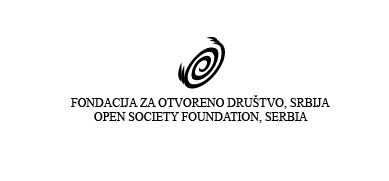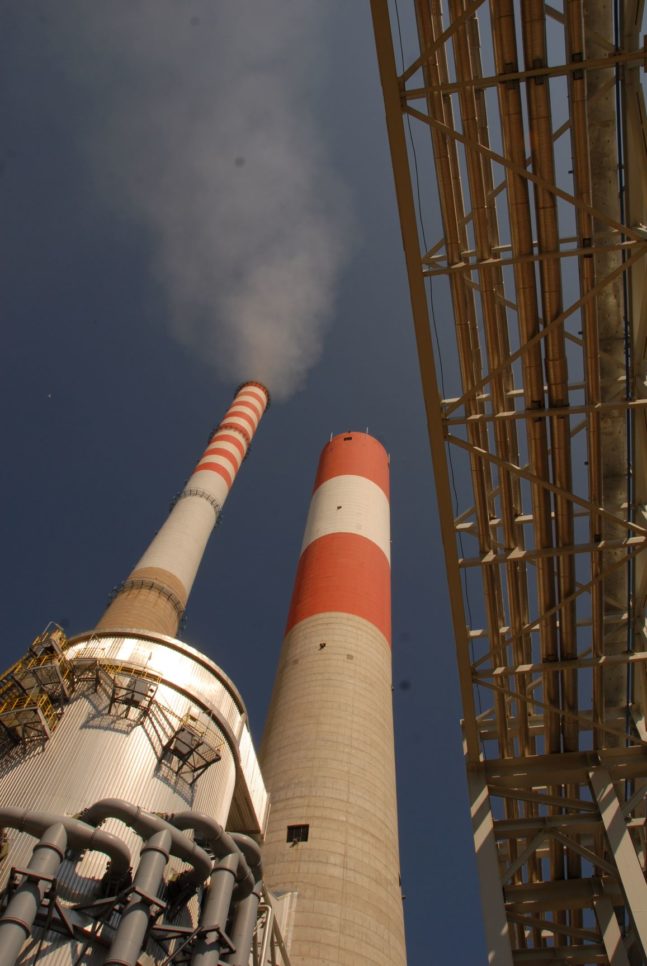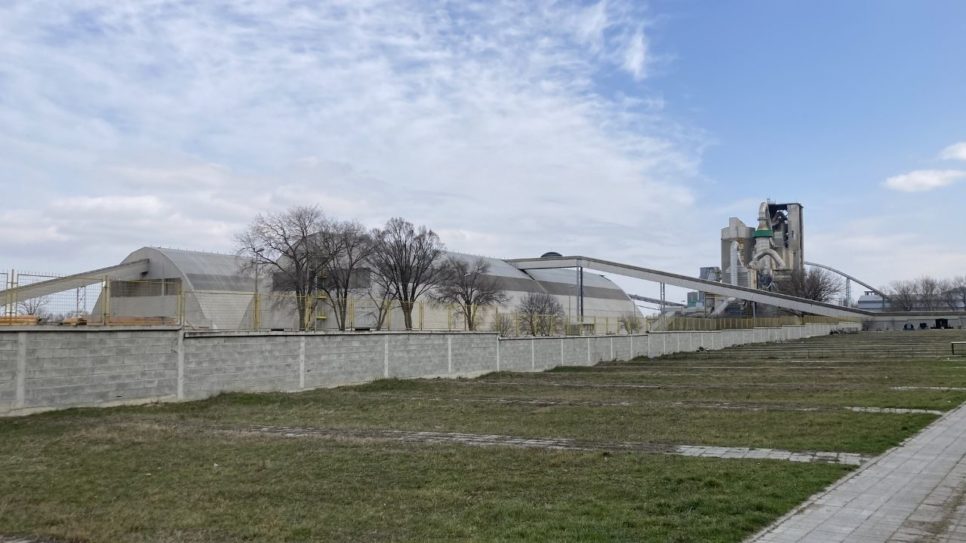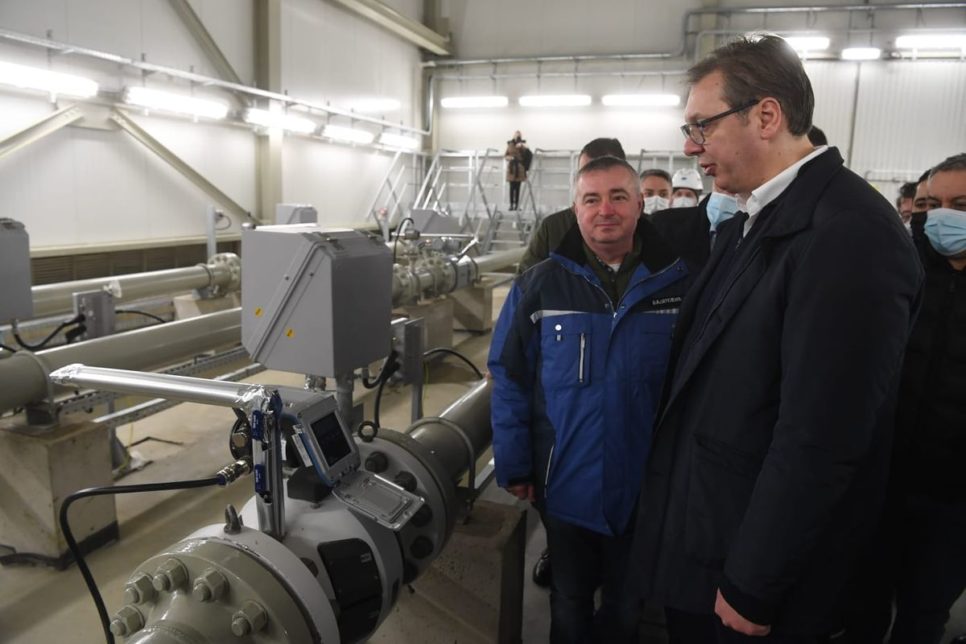Towards the end of January this year, Minister of Environmental Protection Irena Vujović attended in newly equipped premises the final preparations ahead of the launch of the so-called Environmental Information System – gReact.
She explained to journalists that this system involves citizens across Serbia reporting environmental issues by phone, SMS, as well as a mobile phone app, which would then be forwarded to inspectors.
In the operational center, in front of a big screen displaying footage of illegal landfills, Vujović announced that gReact would be available to the public the next day.
“I invite the citizens of Serbia to report to us and point out all possible issues and to raise awareness about environmental protection together with us, but also to try to make Serbia as clean and healthy as possible for each of us,” she said.
A state that is opening up to its citizens, asking them to report what is bothering them, and working together with them on resolving issues would be good news in practically any country. In Serbia, however, this is just another story about possible abuses and the wasting of public money.
An investigation carried out by CINS and BIRN shows that the Ministry of Environmental Protection procured this system through a controversial tender to which only one company applied – Belgrade’s Tcom. 165 million RSD, i.e. 1.4 million EUR, was paid for the mobile app, equipment and software, and just a few months after the app was launched, the Ministry allocated an additional 120 million RSD for a “system upgrade”.
The previous system for reporting environmental problems was established by the Ministry in 2018, and it was paid much less – 24 million RSD.
Goran Sekulić from the World Wildlife Fund (WWF) explains that so far, resolving an environmental issue, and not reporting it, has been the problem.
“A much bigger problem is inspection capacities, which are at a really low level. (…) Even without reports, they themselves know what the problems are, but the question is how to resolve specific problems,” emphasizes Sekulić.

Winner with no competition
On Fridays, two hours before the end of working hours, employees mostly think about how they will be spending the weekend.
However, one Friday in August last year, the IT sector of the Ministry of Environmental Protection received an email with a request to urgently review the extensive tender documentation and point out what should be corrected.
As a former employee who wished to remain anonymous told CINS and BIRN, the documentation referred to the purchase of a system that would later be called gReact.
The IT sector gave several suggestions to make the system more efficient, but also cheaper. They asked for additional time to provide more details.
The Ministry did not adopt their initial suggestions, nor did they wait, so the procurement was published on the Public Procurement Portal the next day.
One month later, the job went to the only bidder – Belgrade-based company Tcom.
Lawyer and public procurement expert Rade Đurić says that tenders are a competition in which the most significant aspect is the price that companies offer. In order to beat other “competitors”, companies offer the lowest possible prices, in accordance with their capabilities and estimations.
In this case, the Ministry estimated that the job was worth 140 million RSD, and Tcom offered to do it for 200,000 RSD less, i.e. 139,800,000 RSD.
“It seems that the bidder was almost certain that there was no competition, which is why he ended up offering such a price,” explains Đurić.

Tcom does not find fault with the fact that they were the only bidder, or with the fact that the agreed value was very close to the estimated value, because that information is available on the Public Procurement Portal.
However, it turned out that more money was needed for the job.
First, an annex to the contract increased the value of the work to 165 million RSD, with the explanation that Tcom required additional equipment.
Then, less than four months after the launch of the gReact platform, the Ministry announced a new procurement for its upgrade. For an additional 120 million RSD, the software was to be improved and a larger number of local inspectors connected to the system.
Đurić believes that this is a consequence of the Ministry’s wrong assessment.
“The assessment was not accurate and as a result they had to make those additions. However, I find these additions much too large. (…) The impression is that you are now doing one part of the job that you had planned and had allegedly carried out the first time,” Đurić points out.
So far, more than a thousand users have downloaded the gReact app from the Google Play Store. Before journalists sent questions to the Ministry regarding this work, including why a new purchase was needed, several comments were posted on Google Play. The comments were mostly negative.
The Ministry failed to respond the questions and request for documentation sent by CINS, but the reactions to the app intensified – a lot of praise was heaped on it in one day. In early May, the first comment was made by a member of the Main and Executive Board of the Serbian Progressive Party (SNS), previously known as the leader of the SNS Internet team, Slaviša Mićanović Mićan. Mićanović often attacks political opponents in the comments and statuses he posts on social networks.
After him, the app was praised by others, some of whom favor SNS on social networks, CINS and BIRN have ascertained.
System for reporting issues already existed
Ana Džakić from the Bela Čaplja 1165 association told CINS and BIRN about her experience with the gReact system. After she reported an illegal landfill in Krnjača by phone, she feels that this issue was successfully solved. However, her report of the landfill at the Reva pond via mobile app did not go as smoothly.
She remembers that after sending the report, she received an unread message on gReact.
“However, when I tried to enter my inbox, it seemed as if there were no messages. (…) I tried to refresh the app by logging out and logging in again – however, I was never able to log in again. Over and over again, the app kept telling me that my username was non-existent, even after a large number of attempts: forgotten password, nothing changed,” Džakić says and adds:
“After that, I gave up on this app.”


Among the news posted within the app, one can mostly find texts about the activities of Minister Vujović. Thus, citizens can read how she visited Ada Ciganlija and the announcements of large investments of the Ministry in resolving environmental issues.
State inspectors contacted by CINS, who wished to remain anonymous, have confirmed that gReact works, but that it does have issues.
In addition, gReact is not the first system through which citizens are able to report environmental issues. In 2018, the Ministry introduced the Environmental Information Service for communication between citizens and inspectors. This system cost citizens far less than gReact – about 24 million RSD.
The main difference is that the system did not have a mobile phone app, and the Ministry was receiving reports of illegal landfills through a different app.
The company Nites, which introduced the Environmental Information Service, says that it was not able to participate in the tender for gReact.
“We have no solution for that. This is not the system we worked on. (…) Now the question is why they did not expand an already existing system, but implemented a new one,” Nites pointed out.
The production of this story was supported by the Open Society Foundation, Serbia. The content of the story is the sole responsibility of CINS and does not necessarily reflect the views of the Open Society Foundation, Serbia.






What do you think